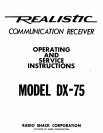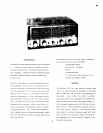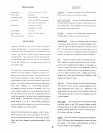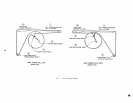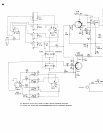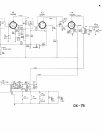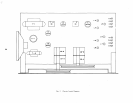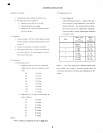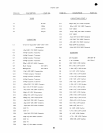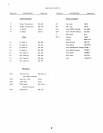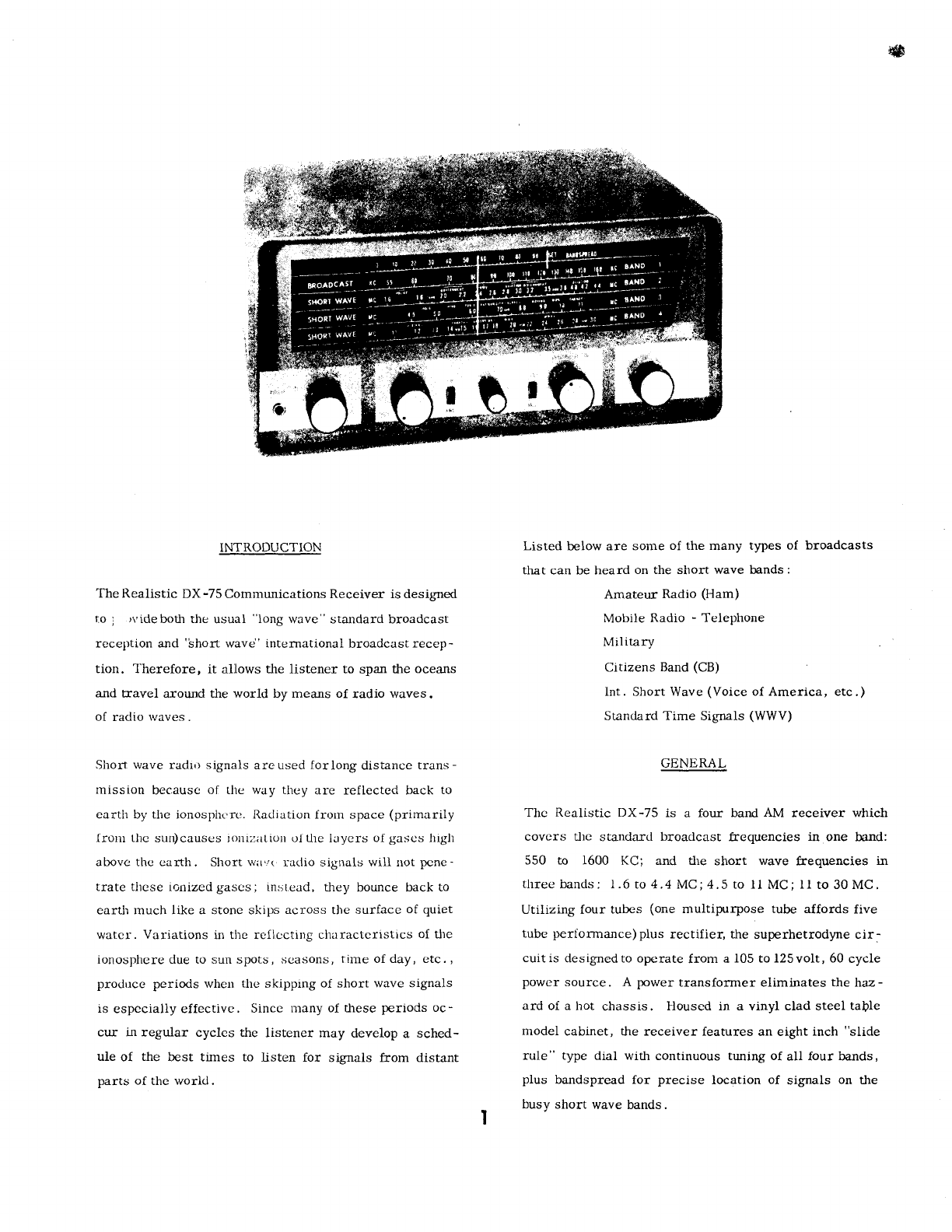
#
INTRODUCTION
The Realistic
DX
-75
Communications Receiver is desig'ned
to
I
rvideboth
the
usual
"long
wave" standard broadcast
recei)tion and'short wave' international
broadcast
recep-
tion. Therefore,
it allows the listener to
span
the
oceans
ald
travel around
the
world
by
means of
radio waves.
of
radio
waves.
Short wave radr,r signals
arcused forlong
distance
trans-
nission
becausc
of the way they
are reflectcd back
to
earth by the ionosplx'rc. Radiation frorn
space
(primarily
Ironr thc
sut)causes ioniz:ltioll olthe loycrs
oI gascs higlt
above thc carth.
Shott
wrr,rt
r-aclio signals rvill not
pcne-
trate t.hcse tonized gascs; rnst.ead,
they
bounce back
to
earth much like a stone skips
across
the
surface
of quiet
watcr.
Variations
in thc reflccting
charactcristics
of
tlre
ionosphere due to sun spots, scasons,
time of day, etc.,
producc periods
when
the
skipping
of short wave signals
is
espccially effective.
Sincc
nrany of these
periods
oc-
cur h regular
cycles the
listener may
develop
a
sched-
ule
of
the
best times to
listen for
sisnals from distant
Darts
of
the world.
Listed
below are
sone
of the
many
types of
broadcasts
[hat can be heard
on the short wave bands:
Amateur
Radio
(Ham)
Mobile
Radio
-
Telepirone
Military
Citizens
Band
(CB)
lnt.
Short Wave
(Voice
of America, etc.
)
Standard Time Sigrnls
(WWV)
GENERAL
Thc Realistic DX-75
is
a
four band
AM
receiver which
covcrs the
standarcl
broadcast
frequencies
in
one band:
550 to 1600
KC; and the
short
wave
frequencies
in
tlrree
bands: 1.6
to 4.4 MC; 4.5 to fl
MC;
ll
to 30MC.
Utilizing four
tubes
(one
multipurpose tube affords
five
tube
perf
o rmance
)
plus
rec tif ie
r,
the
supe rhetrodyne c i r
-
cuit is
designed to operate
from
a
105 to l25volt, 60
cycle
power
source. A
power
transformer eliminates
the
haz
-
ard of a
hot
chassis.
Housed in a vinyl clad steel
taple
model
cabinet,
the
receiver features
an eight
inch
"slide
rule" type
dial with continuous tuning of
all four bands,
plus
bandspread for
precise
location
of
signals
on
tie
busy
short
wave bands.



